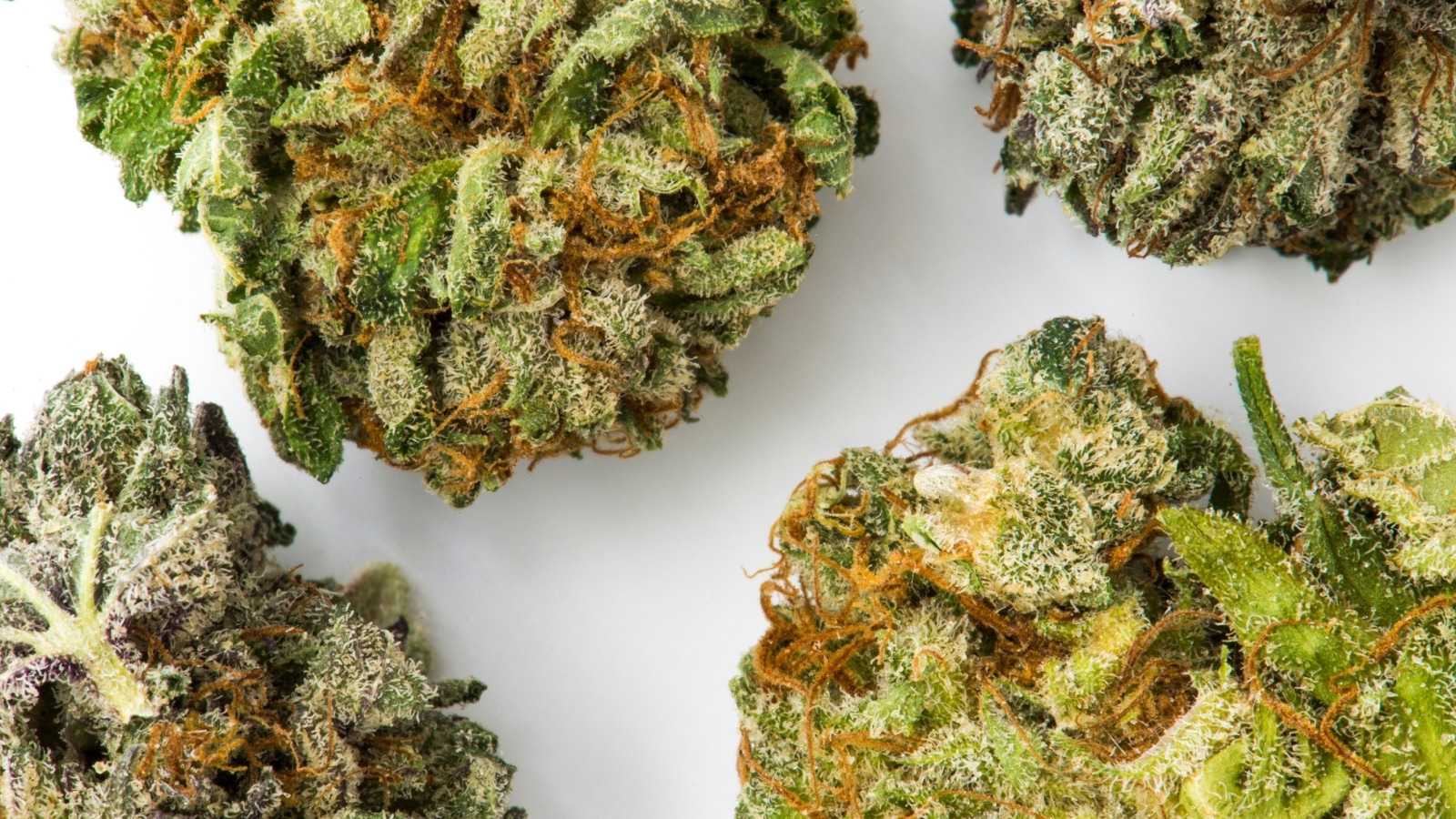The world of cannabis is complex and diverse, with hundreds of different cannabinoids present. Two of the most intriguing and lesser-known cannabinoids are THCa and THCv. In this article, we will explore the differences between THCa and THCv, their potential benefits, and how they interact with the body. By understanding these unique cannabinoids, we can better appreciate the potential of the cannabis plant for both recreational and medicinal use.
Understanding Cannabinoids
Cannabinoids are chemical compounds found in the cannabis plant that interact with the body’s endocannabinoid system (ECS). The ECS is a complex cell-signaling system that plays a crucial role in maintaining homeostasis. It helps regulate various physiological processes such as mood, appetite, pain perception, and immune response.
There are three main types of cannabinoids:
- Endocannabinoids (produced naturally by the body)
- Phytocannabinoids (found in cannabis plants)
- Synthetic cannabinoids (created in laboratories)
The most well-known phytocannabinoids are THC (tetrahydrocannabinol) and CBD (cannabidiol). But there are many others, including THCa and THCv, which have unique properties and potential health benefits.
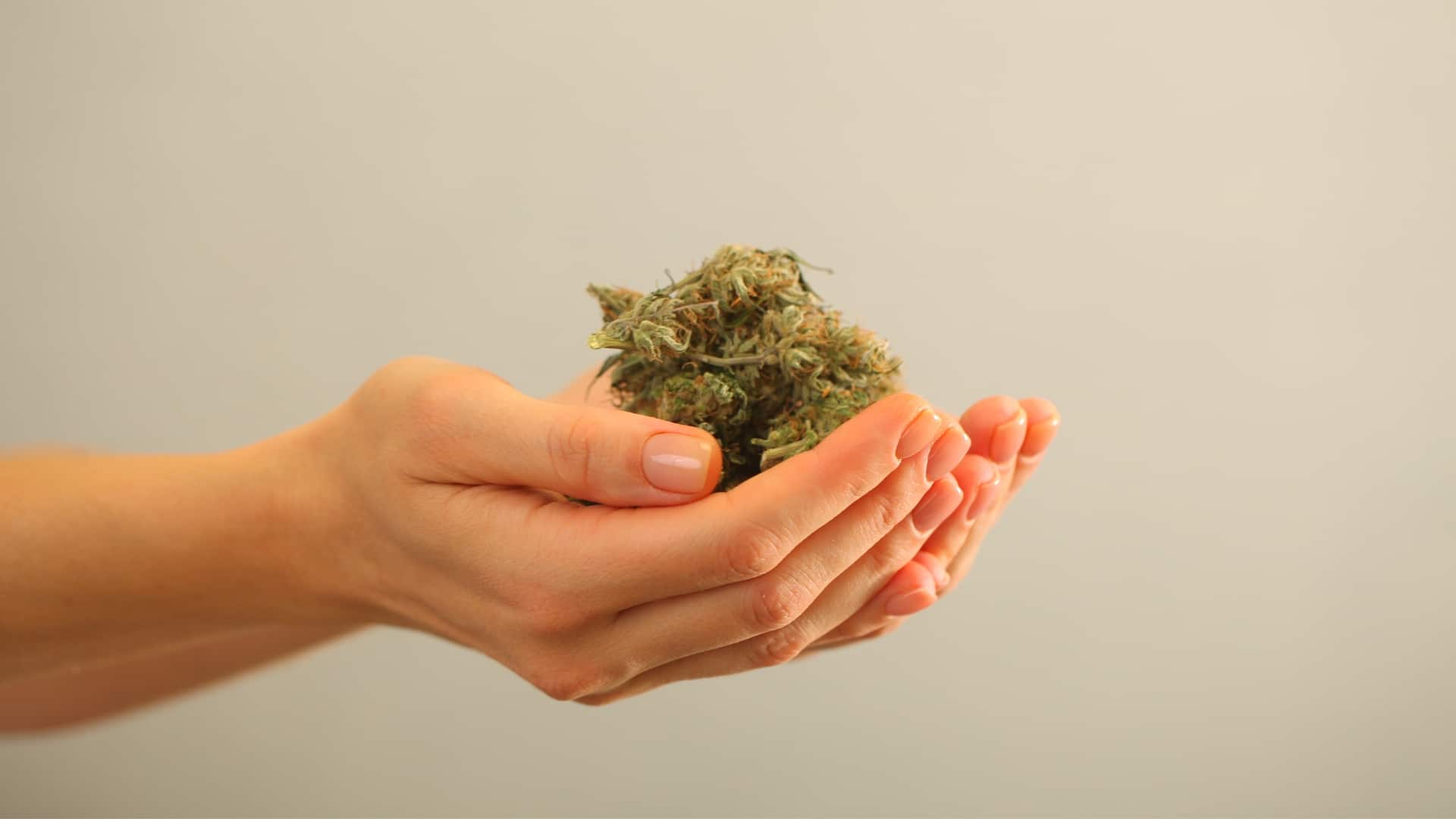
THCa: An Overview
THCa, or tetrahydrocannabinolic acid, is the non-psychoactive precursor to THC, found in raw and live cannabis plants. When exposed to heat or sunlight, THCa converts into THC through a process called decarboxylation. This is why consuming raw cannabis does not produce the intoxicating effects typically associated with cannabis use.
THCa differs from THC in its molecular structure and the absence of psychoactive effects. While THC binds to cannabinoid receptors in the brain, producing the characteristic “high,” THCa does not have this effect due to its unique molecular configuration.
The potential benefits of THCa are still being explored, as research on this cannabinoid is in its early stages. Preliminary studies suggest that THCa may offer a variety of health benefits, including anti-inflammatory properties. This could make it a viable treatment option for conditions such as arthritis, Crohn’s disease, and inflammatory bowel disease.
Additionally, THCa has been shown to exhibit neuroprotective effects, potentially protecting brain cells from damage and inflammation. This finding means that it could have significant implications for neurodegenerative diseases like Alzheimer’s and Parkinson’s.
THCa has also demonstrated anti-emetic properties, reducing nausea and vomiting, which could be beneficial for patients undergoing chemotherapy or those suffering from conditions characterized by these symptoms. Furthermore, some research suggests that THCa may possess anticonvulsant properties, potentially helping to manage symptoms of epilepsy and other seizure disorders.
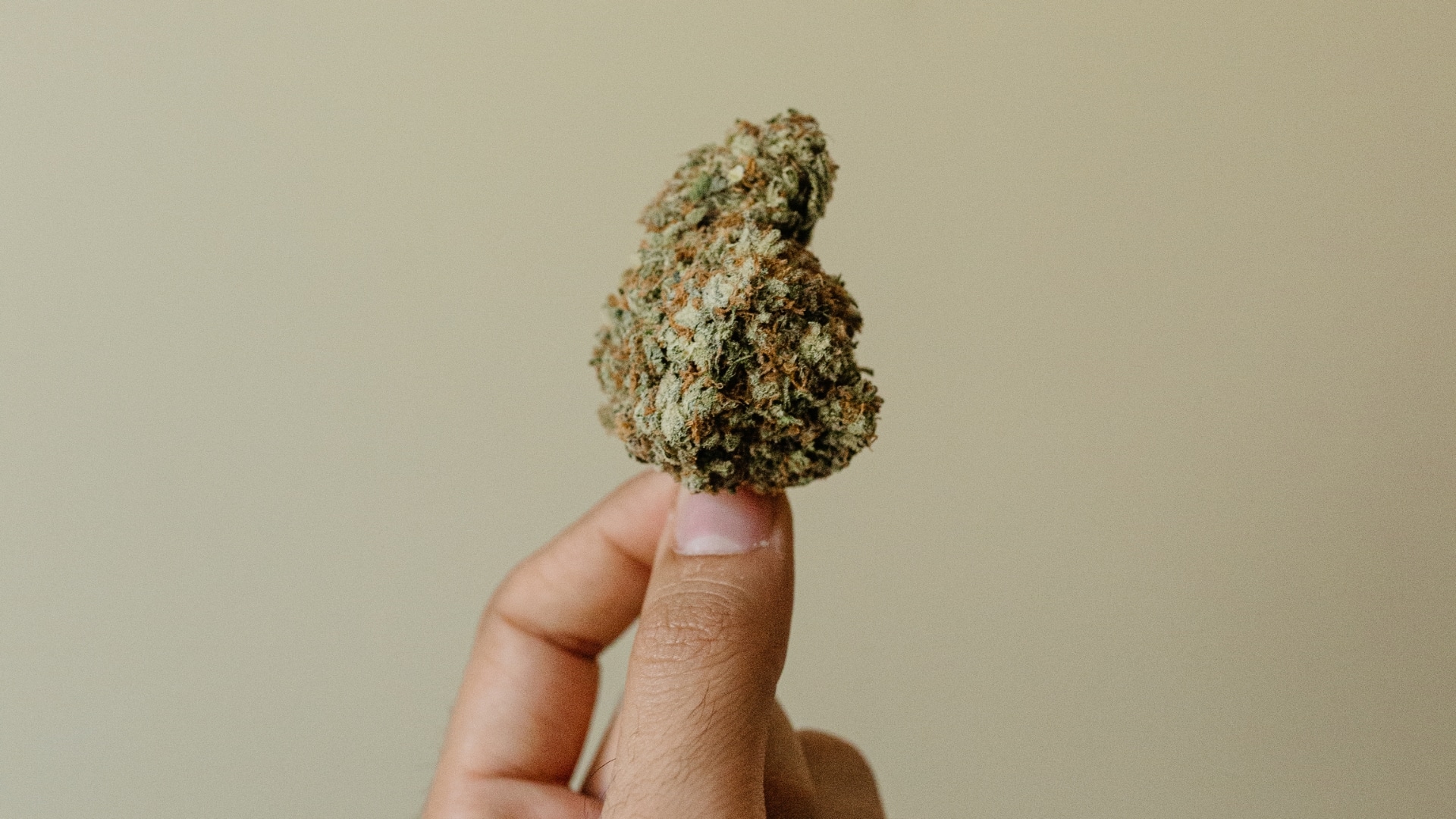
THCv: An Overview
THCv, or tetrahydrocannabivarin, is a lesser-known cannabinoid that is structurally similar to THC but has different effects. While THCv has psychoactive properties, its effects are generally considered to be milder than those of THC.
The primary difference between THCv and THC is their effects on appetite and metabolism. While THC is known for its appetite-stimulating effects, THCv appears to have the opposite effect, reducing appetite and potentially promoting weight loss. Additionally, THCv’s psychoactive effects are milder and less impairing than those of THC.
Comparison of THCa and THCv
While both THCa and THCv are naturally occurring cannabinoids found in the cannabis plant, they exhibit distinct properties and effects due to differences in their chemical structures and their interactions with the endocannabinoid system.
Chemical Structure Differences
THCa and THCv share a typical three-ring structure characteristic of cannabinoids, but they differ in their side chains. This difference in molecular structure is responsible for their unique properties. THCa carries a carboxylic acid group in its structure that THCv lacks, contributing to THCa’s non-psychoactive nature. On the other hand, THCv has a propyl (3-carbon) side chain, as opposed to the pentyl (5-carbon) side chain found in THCa and THC.
Psychoactive Effects
One of the most significant distinctions between THCa and THCv is their psychoactive properties. THCa is non-psychoactive in its natural state, meaning it does not produce the characteristic “high” associated with cannabis use. This is because the carboxylic acid group in THCa prevents it from fitting into the CB1 receptors in the brain, which mediates the psychoactive effects of THC.
However, when THCa is heated (as in smoking or cooking), it undergoes decarboxylation, losing its carboxylic acid group and becoming THC. THCv, in contrast, is mildly psychoactive. While it does bind to the CB1 receptor like THC, it does so with less intensity, leading to a subtler, less intoxicating effect. Some reports suggest that it can even temper the psychoactive effects of THC.
Medical Benefits
Both THCa and THCv have shown potential medical benefits, but they differ in their therapeutic profiles. THCa is noted for its anti-inflammatory, neuroprotective, anti-emetic, and anticonvulsant properties.
These qualities suggest it may be beneficial for conditions such as arthritis, neurodegenerative disorders, and epilepsy. THCv, on the other hand, has been studied for its potential appetite-suppressing effects, which could be useful for weight management. Additionally, its observed effects on blood sugar levels and insulin resistance suggest a potential role in managing diabetes.
Further, its potential antipsychotic and anti-inflammatory properties may make it useful for managing mental health disorders and inflammatory conditions.
Legal Status
In regards to THCa and THCv, their legal status largely depends on their source and THC content. If THCa and THCv are derived from hemp, and the total THC content (considering the potential conversion of THCa to THC) does not exceed the 0.3% threshold, they would be considered legal under federal law based on the 2018 Farm Bill.
However, it’s important to note that the Drug Enforcement Administration (DEA) has made statements suggesting that they consider all synthetically derived tetrahydrocannabinol to be Schedule I substances, regardless of the 0.3% THC threshold. This interpretation is a topic of ongoing legal debate and has not yet been definitively resolved.
Furthermore, the 2018 Farm Bill empowers states to regulate hemp and hemp-derived products in their jurisdictions. This means that while THCa and THCv derived from hemp may be legal at the federal level, states can impose their restrictions and regulations.
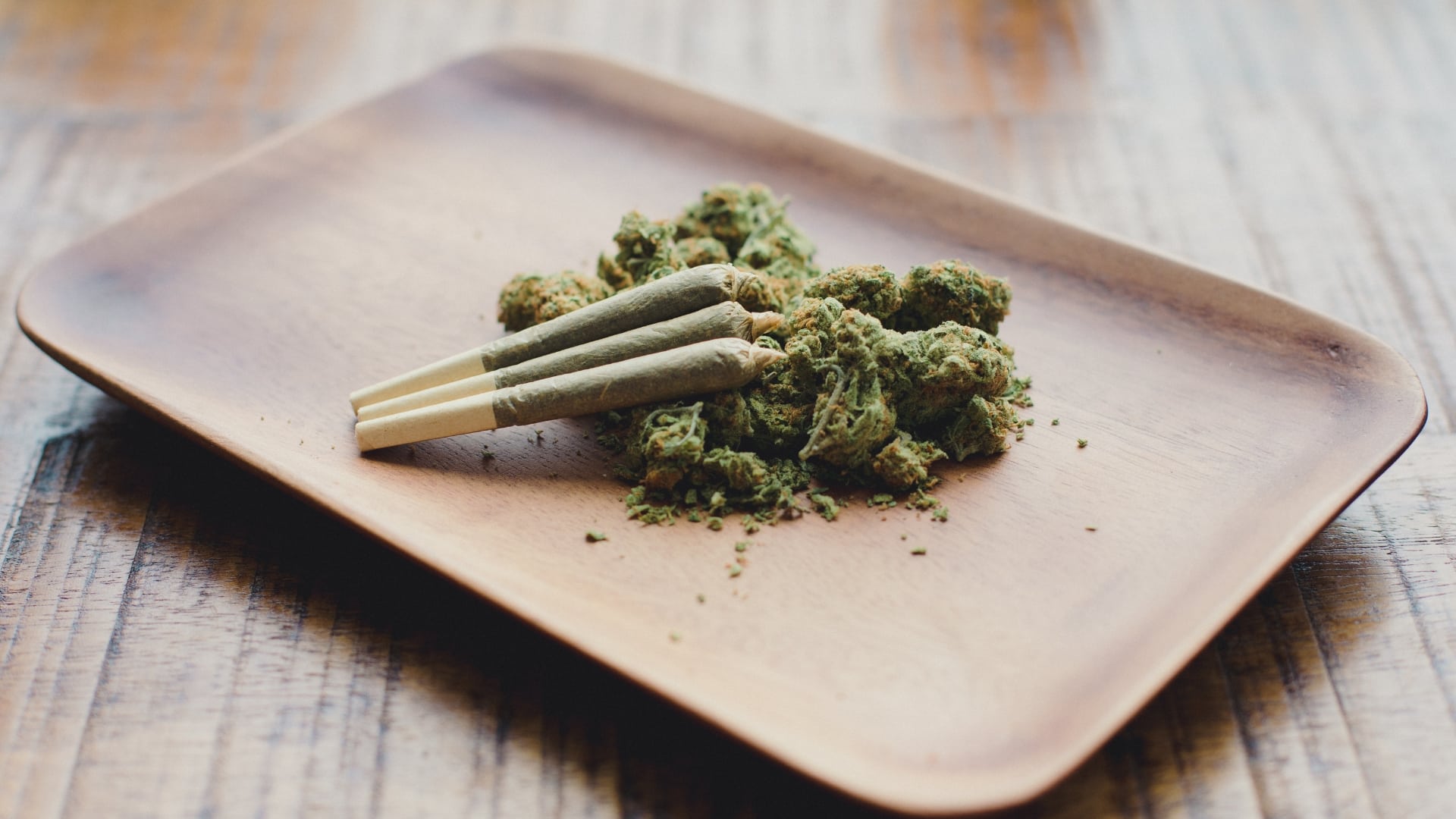
THCa and THCv Products
As the potential benefits of THCa and THCv become more widely recognized, a growing number of products are being developed to harness these cannabinoids. These products range from flowers and pre-rolls to highly concentrated extracts, offering consumers a variety of ways to incorporate THCa and THCv into their wellness routines.
High THCa Pre-Roll
Herban Bud’s High THCa Pre-Roll offers an accessible way to experience the potential benefits of THCa. This pre-roll is made from high-THCa flowers, allowing users to enjoy the non-psychoactive properties of THCa without the need for specialized equipment. As THCa is heat-sensitive and converts into THC when heated, consuming it in pre-roll form can provide a balanced combination of THCa and THC effects.
Exotics THCa Flower
The Exotics THCa Flower is a product for those who prefer consuming cannabis in its most natural form. Rich in THCa, this flower can be used in any way traditional cannabis flower is used. Whether smoked or vaporized, the Exotics THCa Flower allows users to experience the potential therapeutic properties of this unique cannabinoid.
THCa Diamonds
For those looking for a highly concentrated form of THCa, Herban Bud’s THCa Diamonds may be the perfect fit. THCa diamonds are one of the purest forms of THCa available on the market, often reaching over 95% purity. They are produced through a complex extraction process that isolates and crystallizes THCa, resulting in a product that can be dabbed or added to a flower for an enhanced experience.
THCa and THCv in Cannabis Strains
Certain cannabis strains are more likely to have higher THCa and THCv content. To identify these strains, lab testing, and genetic profiling can be helpful. However, it is essential to consult with knowledgeable professionals when choosing strains to ensure accurate information. Some strains known for their THCa or THCv content include Durban Poison, Doug’s Varin, and Pineapple Purps.
Potential Side Effects of THCa and THCv
While both THCa and THCv are generally considered safe, more research is needed to fully understand their potential side effects and long-term risks. As with any cannabinoid, it is essential to consult with a healthcare professional before using THCa or THCv, especially if you have pre-existing health conditions or are taking medications.
Some possible side effects of THCa and THCv may include dizziness, dry mouth, and changes in appetite. These effects are typically mild and temporary, but it is crucial to monitor your body’s response and adjust usage as needed.
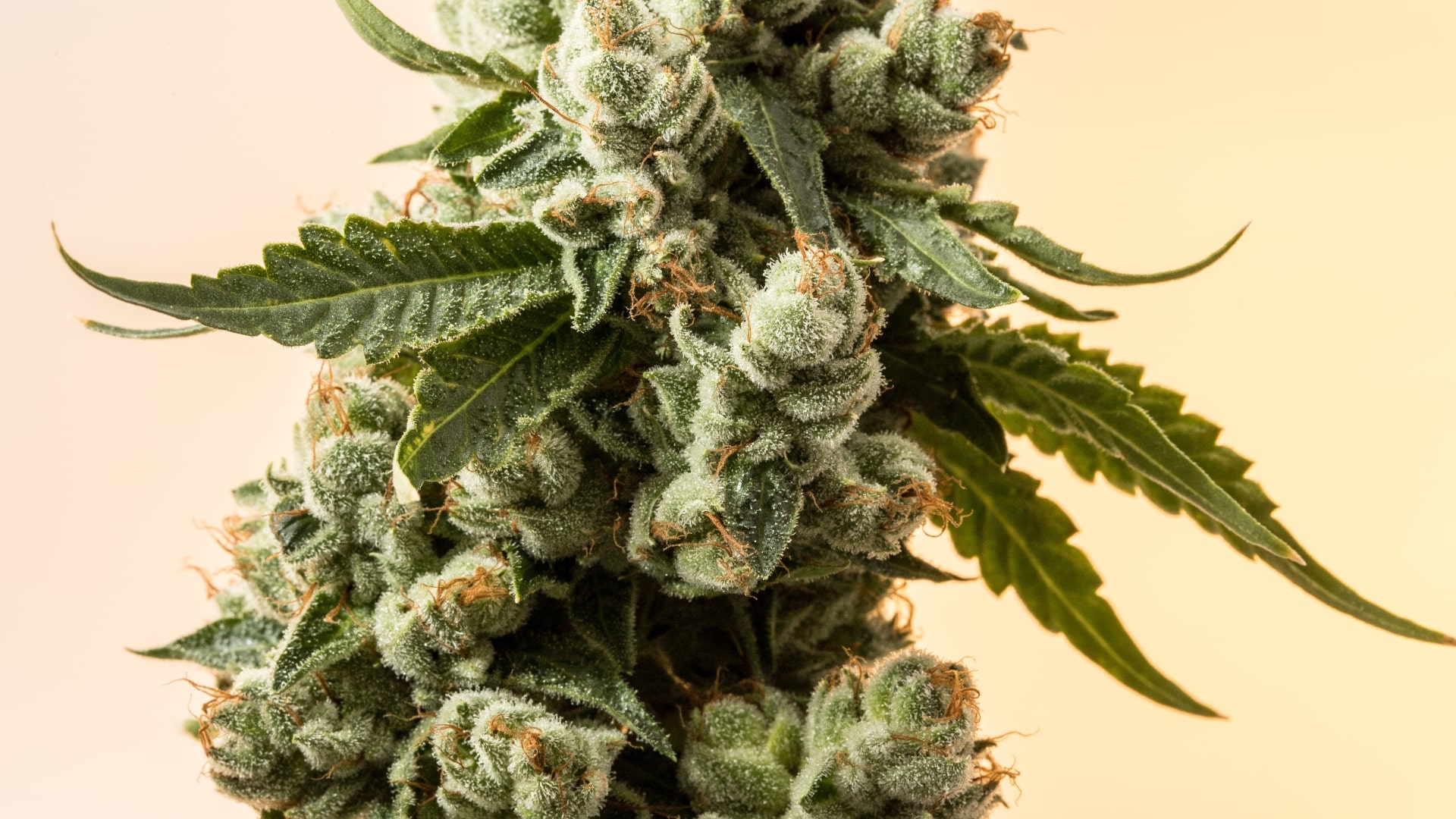
Final Thoughts on THCa and THCv
THCa and THCv are two lesser-known cannabinoids that show great promise in the field of cannabis research. While more studies are needed to fully understand their potential benefits and risks, it is clear that THCa and THCv have a unique place in the world of cannabinoids. By continuing to explore the properties of these compounds, we can better understand the potential of the cannabis plant and develop new, targeted therapies for various conditions.


